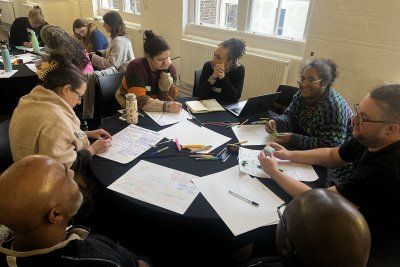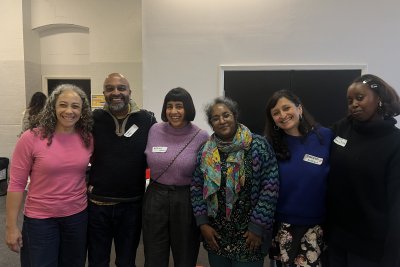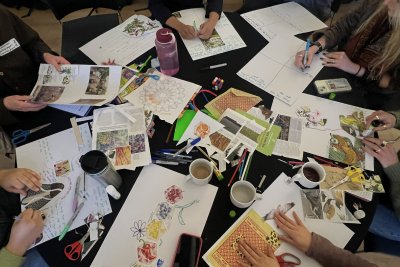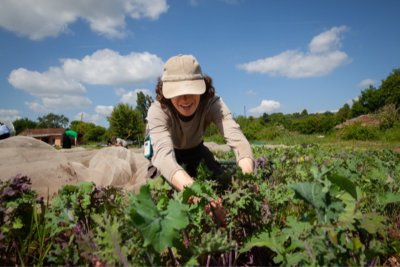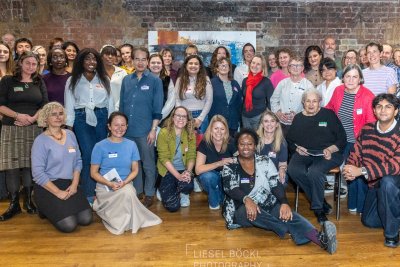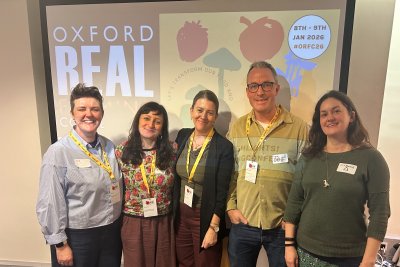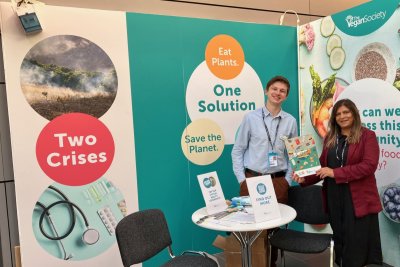In a significant move, the authoritative IPC global partnership issued an alert today that a ‘worst-case scenario of Famine’ is unfolding in Gaza.
Note: Since publication of this article, in August 2025 the IPC confirmed famine in Gaza, with the World Health Organization (WHO) also assessing that "by the end of September, more than 640,000 people will face Catastrophic levels of food insecurity – classified as IPC Phase 5 – across the Gaza Strip. An additional 1.14 million people in the territory will be in Emergency (IPC Phase 4) and a further 396,000 people in Crisis (IPC Phase 3) conditions".
The Integrated Food Security Phase Classification (IPC) [Footnote 1] is a global partnership of governments, UN agencies and international NGOs who use recognised standards to determine the severity and extent of acute and chronic food insecurity within countries. Part of their remit is to assess when ‘Famine’ should be declared, meaning that there is verifiable evidence that "one in five households in a country has an extreme lack of food and destitution, resulting in extremely critical levels of acute malnutrition and death".
Such declarations are intended to trigger enhanced international concern and emergency intervention. In today’s report, the IPC states that:
- “Conflict and displacement have intensified in Gaza, and access to food and other essential items and services has plummeted to unprecedented levels.”
- “Mounting evidence shows that widespread starvation, malnutrition, and disease are driving a rise in hunger-related deaths. Latest data indicates that Famine thresholds have been reached for food consumption in most of the Gaza Strip and for acute malnutrition in Gaza City.”
- “Malnutrition has been rising rapidly in the first half of July. Over 20,000 children have been admitted for treatment for acute malnutrition between April and mid-July, with more than 3,000 severely malnourished. Hospitals have reported a rapid increase in hunger-related deaths of children under five years of age, with at least 16 reported deaths since 17 July.”
The IPC states that, “Immediate action must be taken to end the hostilities and allow for unimpeded, large-scale, life-saving humanitarian response. This is the only path to stopping further deaths and catastrophic human suffering.”
A joint statement of high concern about "mass starvation" was published on 23 July by international non-governmental organisations (iNGOs) working on development and aid.
The UN's World Health Organisation's Director General made a statement on 23 July highlighting "a deadly surge in malnutrition-related deaths".
The UK Government also issued a statement on the humanitarian crisis in Gaza this week, on 29 July 2025, including the demand for an immediate ceasefire and for the United Nations (UN) “to be allowed to send humanitarian assistance into Gaza on a continuing basis to prevent starvation”.
As an alliance, Sustain wants to see an end to the gross inequity of hunger, towards the universal enjoyment of the right to nutritious and sustainably produced food. Sustain’s Chief Executive Kath Dalmeny said:
“It is horrific that so many people in Gaza are suffering from catastrophic malnourishment and starvation, made even more horrifying by the news of civilians, including children, losing their lives by being shot, or risking being gravely injured, while trying to access the minimal emergency food, water and medical supplies that are able to get through. The BBC reports that 875 people have been confirmed dead trying to source food in recent weeks. Meanwhile aid workers, medical staff and journalists [Footnote 2] are also facing hunger, starvation and violence, risking their safety and lives while offering essential help.”
“We support the IPC’s call for immediate action to end the hostilities and allow for unimpeded, large-scale, life-saving humanitarian response. We express solidarity for all those who are bereaved, suffering and frightened, and to applaud all who are working to bring food, water, comfort and peace to those in need - as far as humanly possible - often at the expense of their own safety or lives.”
Sustain backs calls for a massive scale-up of humanitarian aid with sufficient and unimpeded access to food, water and essential lifesaving services, building on the UN’s Framework for Action for Food Security and Nutrition in Protracted Crises. The destruction of food supplies, water, farmland, supply chains, markets and food and health facilities must end. Every means of restoring food security must be pursued, aiming towards realisation of food sovereignty that fosters food security, agency and self-determination. Ceasefire and a lasting end to hostilities are essential – a healthy, fair and sustainable food system is absolutely predicated on fellowship and peace.
The Disasters Emergency Committee (DEC) confirmed on 28 July that emergency aid is starting to get through. If you would like to donate money to support the relief effort in Gaza and surrounding regions affected, you might like to consider the following:
- At times of humanitarian crisis overseas, many charities come together to raise funds via the Disasters Emergency Committee (DEC): link to appeal
- Action Against Hunger: link to appeal
- Islamic Relief: link to appeal
- British Red Cross: link to appeal
- Because there are very large numbers of children suffering, you may also be interested in supporting UNICEF: link to appeal
Footnotes
Footnote 1: The IPC partnership includes 21 organisations and intergovernmental institutions: Action Against Hunger, CARE International, Comité Permanent Inter-États de Lutte Contre la Sécheresse au Sahel (CILSS), Catholic Relief Services (CRS), the Food and Agriculture Organisation of the United Nations (FAO), the Famine Early Warning Systems Network (FEWS NET), the Global Food Security Cluster, the Global Nutrition Cluster, the International Food Policy Research Institute (IFPRI), the Intergovernmental Authority on Development (IGAD), IMPACT, the Joint Research Centre (JRC) of the European Commission, Oxford Committee for Famine Relief (Oxfam), the Southern African Development Community (SADC), Save the Children, the Sistema de la Integración Centroamericana (SICA), the United Nations Development Programme (UNDP), the United Nations Children's Fund (UNICEF), the World Bank, the World Food Programme (WFP) and the World Health Organisation (WHO). Website link: https://www.ipcinfo.org/ipcinfo-website/ipc-overview-and-classification-system/en/
Footnote 2: International news agencies and networks AFP, AP, BBC News and Reuters issued a joint statement of concern on 24 July 2025 that “We are desperately concerned for our journalists in Gaza, who are increasingly unable to feed themselves and their families. For many months, these independent journalists have been the world’s eyes and ears on the ground in Gaza. They are now facing the same dire circumstances as those they are covering.” https://www.bbc.com/mediacentre/statements/joint-statement-on-gaza-from-afp-ap-bbc-news-reuters
________________________________________
Note: This item is published by Sustain but does not necessarily represent the views or position of Sustain Alliance members.
Sustain: Sustain The alliance for better food and farming advocates food and agriculture policies and practices that enhance the health and welfare of people and animals, improve the working and living environment, enrich society and culture and promote equity.

